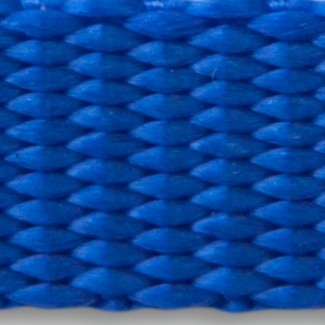- Local: (516) 346-4636
- Toll-Free: (800) 886-6060
- Fax: (516) 346-4366
- Email: kflynn@nationalwebbing.com
 The strength of our nation's defense lies in the quality of its equipment. Precision, quality, and reliability are paramount when crafting materials capable of withstanding the challenges of military operations. Webbing, a seemingly simple material, plays a crucial role in many applications, and the materials used – cotton, nylon, or polypropylene – are meticulously chosen based on their unique characteristics and the high-stress environments they are intended for.
The strength of our nation's defense lies in the quality of its equipment. Precision, quality, and reliability are paramount when crafting materials capable of withstanding the challenges of military operations. Webbing, a seemingly simple material, plays a crucial role in many applications, and the materials used – cotton, nylon, or polypropylene – are meticulously chosen based on their unique characteristics and the high-stress environments they are intended for.
To put it simply, "Mil-Spec" stands for military specifications. Mil-Spec webbing refers to any webbing product that meets the stringent specifications and standards issued by the U.S. Department of Defense. These standards are comprehensive, encompassing not only the material's physical properties and performance capabilities but also its manufacturing process, quality assurance, testing methods, and even packaging details. For instance, the material's tensile strength, heat resistance, and durability under stress are typically verified. It can be labeled as Mil-Spec when a product satisfies these exact criteria.
Mil-Spec webbing represents those webbing products that meet the demanding standards set forth by the U.S. Department of Defense, ensuring high degrees of robustness, durability, and reliability, all of which are vital to the successful execution of military operations.
When it comes to Mil-Spec applications, choosing the right webbing is a matter of recognizing the unique attributes of cotton, nylon, and polypropylene webbing and understanding their individual applications. The advancements in materials science and manufacturing techniques indicate a promising future for Mil-Spec webbing, which holds potential for increasingly specialized applications.